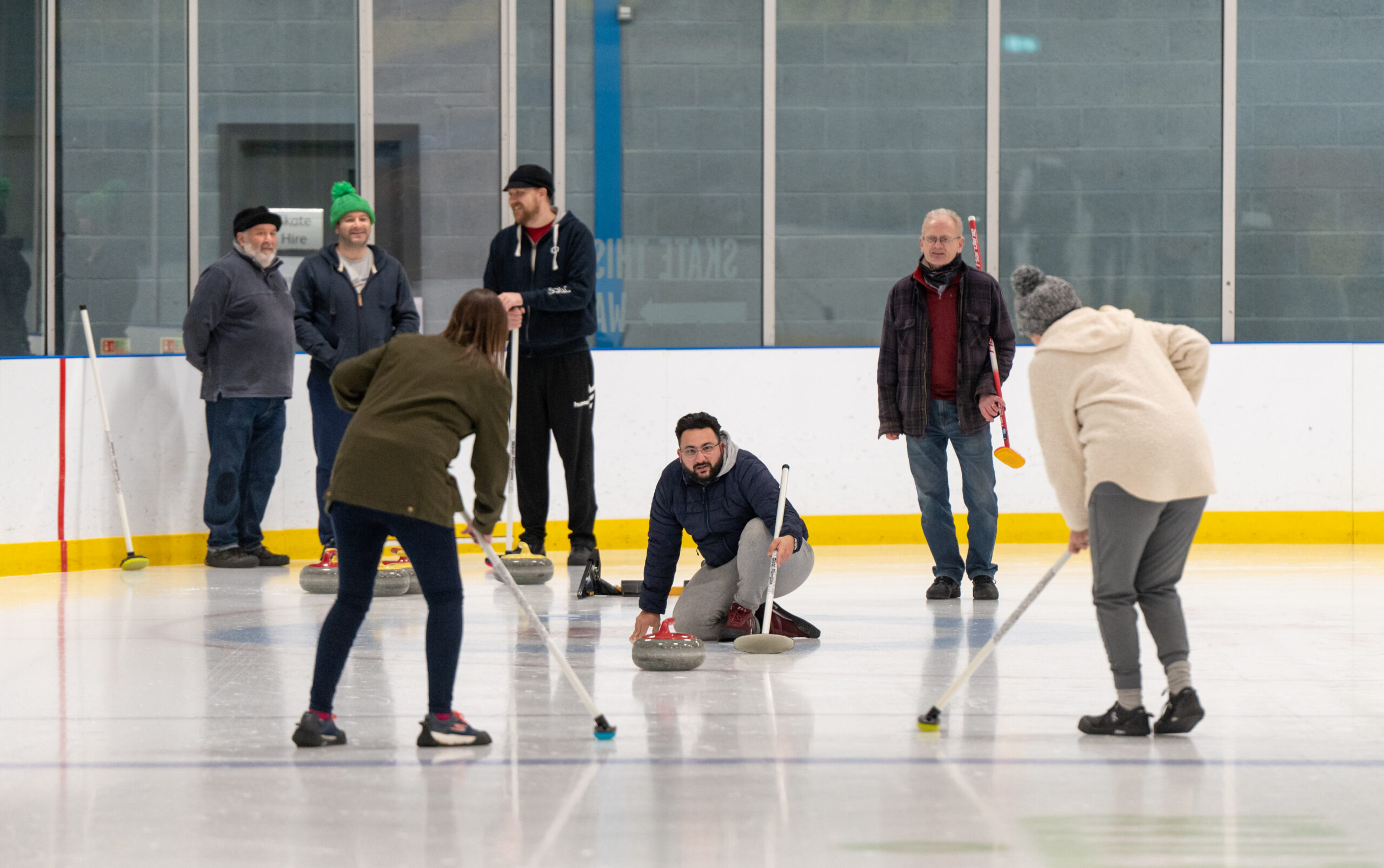At the Wales Centre for Public Policy (WCPP), we are continually reflecting upon our role as a ‘knowledge brokerage organisation’ (KBO). We see ‘knowledge brokerage’ as the practice of connecting researchers and decision makers to help inform public policy and professional practice. Although knowledge brokerage has great potential, we also recognise the complexity inherent in our work.
To explore some of these complexities, we recently hosted an event alongside SPARK (the Social Science Research Park, Cardiff University), bringing together knowledge brokers and other members of the Welsh policy community to share learning and best practice.
Professor Jonathan Sharples from the Education Endowment Foundation (EEF) and Dr Rhiannon Evans from the Centre for the Development and Evaluation of Complex Interventions for Public Health Improvement (DECIPHer) provided perspectives from the fields of education and public health respectively. From WCPP’s research team, Dr Eleanor MacKillop provided insights from our work on understanding the role that evidence plays in policy making.
Although the discussion was wide-ranging, this blog will focus on reflections about the nature of evidence and the politics of evidence use.
A key theme from discussion was the value of mixed methods and qualitative research in the field of knowledge brokerage, also referred to as knowledge mobilisation. Panellists critiqued the use of hierarchies of evidence which privilege quantitative research (particularly randomised-controlled trials (RCTs), instead focusing upon the fit between research question and methods. For example, the evaluation of EEF’s work with local authorities to improve the use of Teaching Assistants required a mixed method approach to capture the key components of regional-level brokering. Taking this approach allowed EEF to capture learning about the relationships and networks crucial to achieving impact.
Similarly, WCPP maintains a broad and critical approach when determining what is and isn’t ‘evidence’, drawing upon robust qualitative and quantitative data without privileging particular methods. Going forward, WCPP will be conducting research to understand what ‘evidence’ means to different stakeholders in the policy process in Wales and consider how that might impact our work.
A further theme of discussion was the ‘co-production’ of evidence between researchers and practitioners. While co-production was recognised by panellists as essential to knowledge brokerage, it was recognised as a slippery concept with a range of potential meanings. In the context of EEF’s work with schools, the term ‘co-production’ could be applied to many different activities, ranging from participation in RCTs to the co-design of guidance on how to best use Teaching Assistants.
Approaches based in co-production may help to ‘bridge the gap’ between different beliefs around evidence, allowing a dialogue between the producers of evidence and its end users. However, the use of co-production is not without its own set of complexities. As Dr MacKillop highlighted, it is important for researchers and knowledge brokers to critically examine the concept of co-production, particularly its ability to exclude as well as include a diversity of voices. The practice of co-production is unavoidably political and as knowledge brokers we need to challenge inequalities in who gets to decide what is and isn’t useful evidence.
In all, the event was a great opportunity to move the conversation about knowledge brokerage forward – you can catch up with the lively discussion had both in the room and online via our Twitter moment. We look forward to continuing the conversation with all those working at the interface of evidence and policy. Subscribe to our newsletter to stay in touch.
Megan Park is a Research Apprentice at the Wales Centre for Public Policy with research interests in social security, poverty, and local government.
The Research Apprentice role is a one-year position for an outstanding graduate who can bridge the worlds of research and policy and offers a unique opportunity to obtain first-hand experience of policy relevant research.


